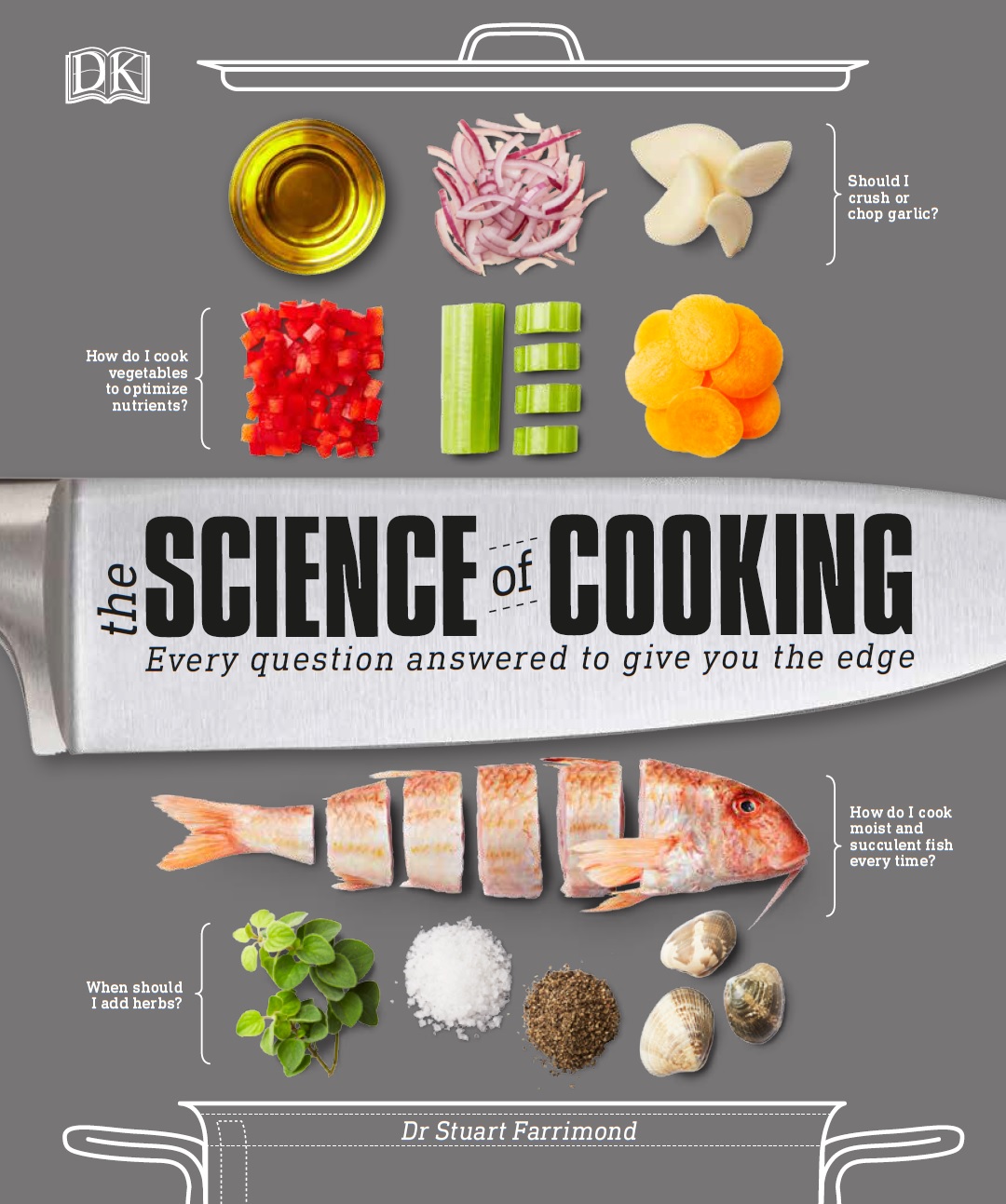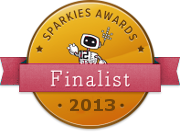 The sun is shining, the birds are singing and it’s the start of a brand new day. Like many people, I love the mornings and consider myself an ‘early bird’ (after the first coffee, that is). It wasn’t always that way, however. During my teenage years, getting out of bed before 9 am was so difficult that the bed clothes might just as well have been made out of lead. Such slothful adolescent behaviour is common and the cause of endless parental exasperation. Youngsters may not be just being lazy, however, as something strange is happening in their brain. From around the age of 14, the childhood brain rapidly rewires as it matures and develops an adult mind. Throughout this turbulent time of mood swings and emotional angst the teenage body clock also steps back two time zones.
The sun is shining, the birds are singing and it’s the start of a brand new day. Like many people, I love the mornings and consider myself an ‘early bird’ (after the first coffee, that is). It wasn’t always that way, however. During my teenage years, getting out of bed before 9 am was so difficult that the bed clothes might just as well have been made out of lead. Such slothful adolescent behaviour is common and the cause of endless parental exasperation. Youngsters may not be just being lazy, however, as something strange is happening in their brain. From around the age of 14, the childhood brain rapidly rewires as it matures and develops an adult mind. Throughout this turbulent time of mood swings and emotional angst the teenage body clock also steps back two time zones.
I recently spoke to Dr Neil Stanley, one of the UK’s leading sleep scientists, about this peculiar teenage sleeping phenomenon. Dr Stanley founded the UK’s largest sleep laboratory and has, in his own words, has spent most of his 34 year career “watching people sleep”. For reasons neither he, nor anyone else, quite understands, teenagers just don’t do very well in the morning. Their biological body clock – a tiny region of brain just behind the eyes – seems to have slowed down and doesn’t rouse the body until long after everyone else is munching their corn flakes. It’s not surprising, then, that the first lesson at school is often a car crash with pupil’s heads slumped on the desk and classwork left unfinished. “There is an on-going debate about whether the school day should start later, but we have known the answer for a long time. We have had data since 1976 showing that a later start is better for teenagers,” Dr Stanley said. To get the best out of teenage students, we need to let the school bell ring later or, at the very least, he says that we should stop teaching mathematics and other brain taxing subjects during first period for pupils aged 14+. “Pupils simply haven’t woken up yet [in the first lesson], and won’t be performing at their best,” said Dr Stanley. “The only reason school days start early is for historical reasons: in the past it would give time for children to work in the fields after school.” I dare say not that many of today’s kids need to till the land when the get home anymore.
 In addition to poorer school performance, Dr Stanley argues that classroom disruptive behaviour and the recent epidemic of childhood ADHD (attention deficit hyperactivity disorder) may simply be down to a lack of shuteye: “It may be that children diagnosed with ADHD are just sleepy. The behavioural manifestations of sleep-deprived children are identical to ADHD.” Adolescents need nine hours sleep to function at their best and this is such an important issue that Dr Stanley says the importance of sleep should be taught in schools. “26% of teenagers are woken up at night by phone calls, text messages, or other mobile phone communications,” Dr Stanley said. “In 2009, The National Sleep Council put out a press release calling for the importance of sleep to be taught in schools – but they were completely ignored.” The responsibility of helping children to get adequate sleep has fallen solely on the shoulders of parents.
In addition to poorer school performance, Dr Stanley argues that classroom disruptive behaviour and the recent epidemic of childhood ADHD (attention deficit hyperactivity disorder) may simply be down to a lack of shuteye: “It may be that children diagnosed with ADHD are just sleepy. The behavioural manifestations of sleep-deprived children are identical to ADHD.” Adolescents need nine hours sleep to function at their best and this is such an important issue that Dr Stanley says the importance of sleep should be taught in schools. “26% of teenagers are woken up at night by phone calls, text messages, or other mobile phone communications,” Dr Stanley said. “In 2009, The National Sleep Council put out a press release calling for the importance of sleep to be taught in schools – but they were completely ignored.” The responsibility of helping children to get adequate sleep has fallen solely on the shoulders of parents.
It might now be the time to rethink how we organise the school day. Providing the logistical issues could be overcome, a later start could do wonders for learners’ achievement. Classrooms would be a little more peaceful and productive. Plus, parents would no longer have to battle through morning rush hour during the car run. Everyone could then rest a little easier.
Thanks for reading. Feel free to add your thoughts in the comments below.  Follow @realdoctorstu
Follow @realdoctorstu
Interesting links:
- Summary of the neurological changes that occur during adolescence (LiveScience)
- Sleep Foundation’s statement on later school times
- US-based charity dedicated to ‘healthy school hours’ here
- The Teen Brain: Still Under Construction by the National Institute of Mental Health









Discussion
No comments yet.